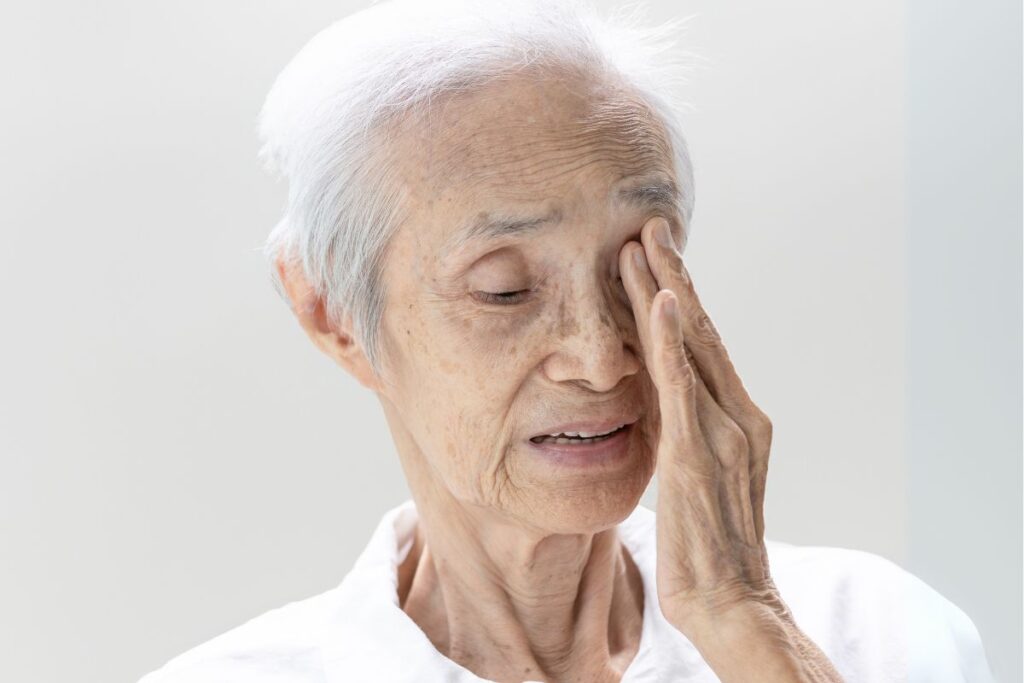Have you noticed any changes in your eyesight, such as blurry vision, distorted images, or trouble seeing at night? You may be at risk of retinal degeneration, a dangerous condition that, if left untreated, may end up in permanent visual loss.
What is Retinal degeneration?
Retinal degeneration refers to the breakdown or damage of the retina, the light-sensitive layer at the back of your eye that communicates visual information to the brain. The retina is responsible for translating light into images, which are then processed by the brain. When retinal degeneration occurs, it disrupts this process, which results in vision problems and, in severe cases, blindness.
Types of Retinal Degeneration:
1. Age-related Macular Degeneration (AMD):
A condition where the macula, the center component of the retina that provides clear, central vision, gets weakened. It is one of the leading causes of vision loss in people over 50.
2. Retinitis pigmentosa:
a genetic condition that causes a gradual loss of vision, starting with night blindness and progressing to tunnel vision.
3. Diabetic Retinopathy:
A complication of diabetes where increased blood sugar levels harm the retina’s blood vessels, affecting eyesight.
Symptoms of Retinal Degeneration:
● Difficulty seeing in low-light conditions (night blindness)
● Blurred vision or distorted images
● Dark spots or a blank spot in the centre of vision (especially with AMD)
● Gradual loss of central vision
● Loss of color vision or seeing a loss of contrast
How Retinal Degeneration Is Treated:
Unfortunately, retinal degeneration can’t always be reversed. However, several treatments can delay the disease’s progression and help preserve vision:
1. Anti-VEGF Therapy:
Used in conditions like AMD, anti-VEGF injections help slow the progression of the disease by stopping the development of abnormal blood vessels in the retina.
2. Laser Therapy:
Used to treat diabetic retinopathy, laser treatments can help reduce swelling and prevent further vision loss.
3. Gene Therapy:
For inherited conditions like retinitis pigmentosa, gene therapy is being explored as a way to restore some retinal function by introducing functional genes.
4. Lifestyle Modifications:
Retinal degeneration risk can be decreased by controlling root causes like diabetes and eating a balanced diet. Certain nutrients, like lutein and zeaxanthin, have been shown to benefit retinal health.
FAQ Section
Can retinal degeneration cause permanent vision loss?
Yes, it can happen if treatment is not received. Hence, early identification and treatment are essential.
Is there a cure for retinal degeneration?
There is no cure, but treatments can delay its growth and preserve vision. Regular monitoring by an ophthalmologist is important.
Can lifestyle changes help prevent retinal degeneration?
It is true that avoiding smoking, maintaining a healthy diet, and controlling diabetes can all lower the risk of retinal degeneration.
How HealthPil Can Help:
HealthPil connects you with top retinal specialists who can diagnose and treat retinal degeneration. If you’re experiencing symptoms of AMD, diabetic retinopathy, or retinitis pigmentosa, we offer expert guidance on treatment options, including gene therapy, laser treatments, and anti-VEGF therapy.
Disclaimer:
This content is for educational purposes only and should not replace professional medical advice. Always consult with an ophthalmologist for a proper diagnosis and treatment of retinal degeneration.

